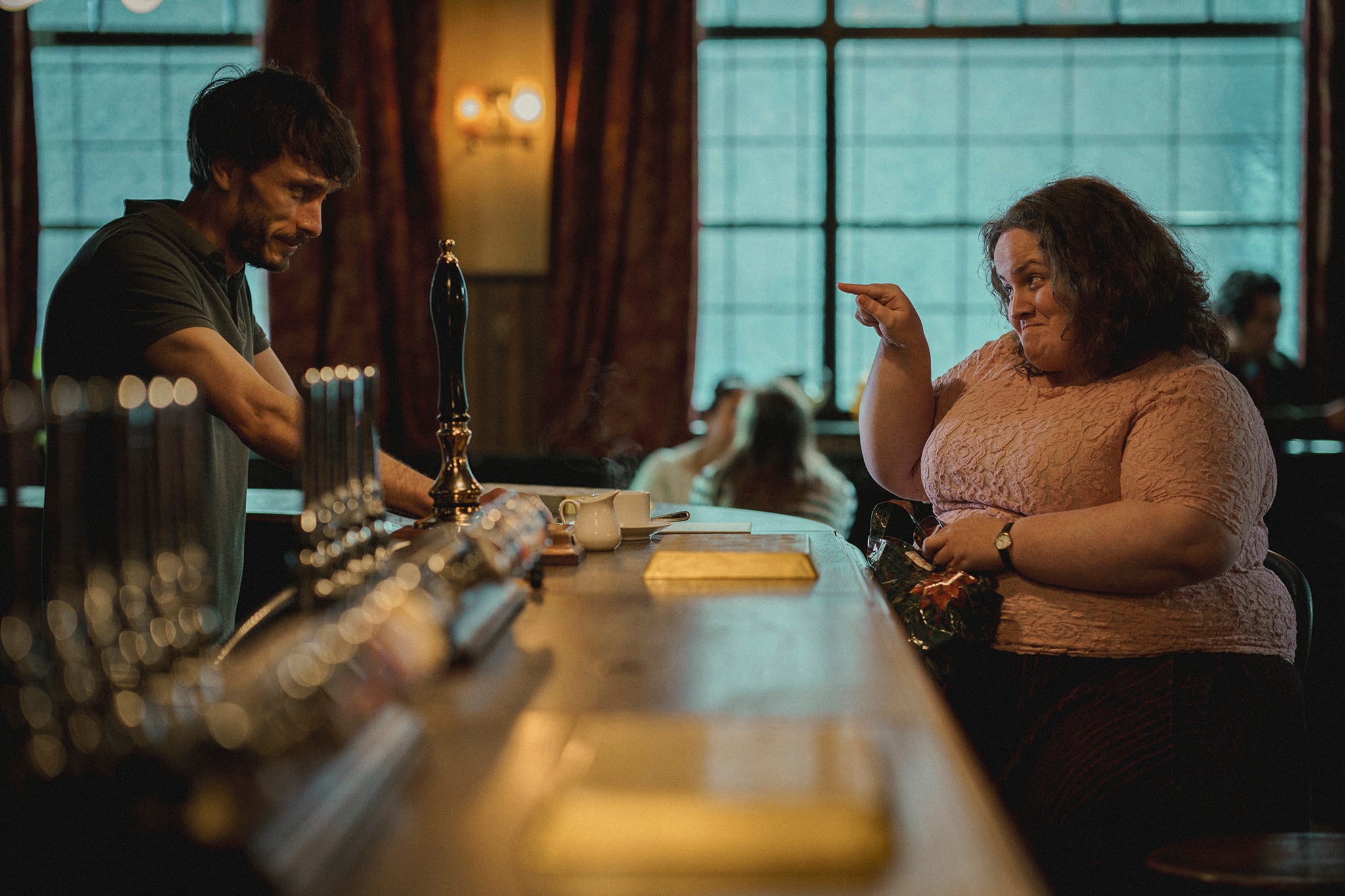Table of Contents
Your support helps us to tell the story
In my reporting on women’s reproductive rights, I’ve witnessed the critical role that independent journalism plays in protecting freedoms and informing the public.
Your support allows us to keep these vital issues in the spotlight. Without your help, we wouldn’t be able to fight for truth and justice.
Every contribution ensures that we can continue to report on the stories that impact lives

Kelly Rissman
US News Reporter
Richard Gadd has spoken out about the controversy surrounding his Netflix series Baby Reindeer.
The comedian, 35, plays a fictionalised version of himself in the show, who gets stalked by a lonely and mentally ill woman called Martha, played by Jessica Gunning.
Following the show’s release, the “real life” Martha, Fiona Harvey, was found by viewers on social media and is suing Netflix for $50m (£39m) for a litany of charges including defamation and emotional distress.
Although Gadd vocally discouraged viewers from seeking out the real life inspiration for Baby Reindeer characters online at the time, he and Netflix have been criticised for not making the onscreen characters more distinctive from their true counterparts.
Speaking to Deadline, Gadd said of the furore: “I sometimes think to myself that I don’t know why I expected there to be a sphere of respect around [the show] because it was so dark, because it was so personal.”
He admitted of the fallout: “There are times where I wobble and I think, ‘God, this is kind of tough,’ but I have to remember that other people are responding to it in the way I intended, and I have to cling onto the positives.”
The comedian added he hoped Baby Reindeer’s legacy would be the “good that it did”, referencing the fact that a male sexual abuse charity saw a staggering 80 per cent increase in first-time callers since the release of the show.

Gadd reflected: “The charity stuff, the comments from people who were moved by the show, and the way it helped them understand themselves. I think trauma responses are so difficult to understand when you’re going through them. To see a trauma response play out on a television show, I think, has been very comforting to people.”
The Emmy nominee admitted he still struggles with the “trauma” of the experiences included in the show despite having “explored every dark corner” of himself to make the series.
“I still have my dark days,” he said. “Like it’s as fresh as it was when it was happening, when I was young, all the way back then.”

Watch Apple TV+ free for 7 days
New subscribers only. £8.99/mo. after free trial. Plan auto-renews until cancelled

Watch Apple TV+ free for 7 days
New subscribers only. £8.99/mo. after free trial. Plan auto-renews until cancelled

Gadd added: “I realise I’m twinned with this now. And that’s fine, because the majority of people are really kind and understanding, but there is definitely a section of society that has splintered off. They don’t want to hear about this stuff anymore, they can’t accept the nuances of it, and they think that I was, I don’t know, ‘asking for it’. That’s very hard to live with.”
In June it was reported that Harvey had filed a lawsuit against Netflix, accusing the streaming service of defamation, intentional infliction of emotional distress, negligence, gross negligence and violations of her right of publicity.
Gadd said in a response filed at the time: “I never intended the series to identify any real person as Martha Scott, including Harvey. Martha Scott is not Fiona Harvey. Like all characters in the series, Martha is a fictional character with fictional personality traits that are very different than Harvey’s.”

